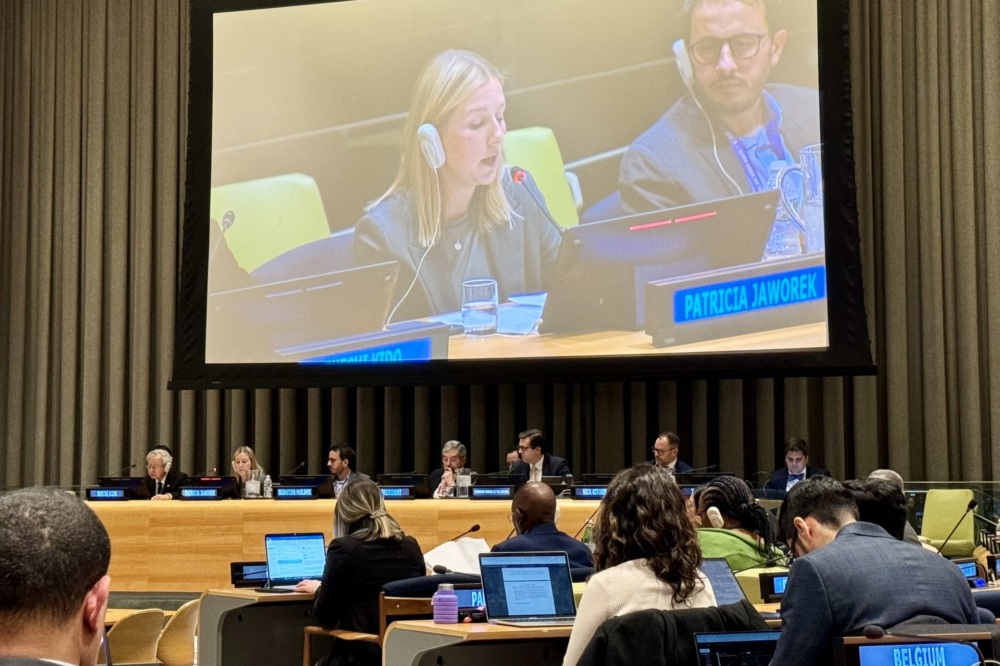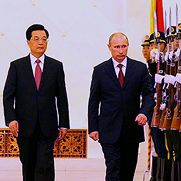Does Russian President Vladimir Putin’s decision to attend the Shanghai Cooperation Organization (SCO) rather than the Group of Eight (G8) represent a break in Russia’s commitment to global nonproliferation policy? A new issue brief by Helen Kei and Bryan Lee of the Monterey Institute of International Studies explores what some interpret as a deepening split between Moscow and Washington.
“Despite the obvious importance of China, Putin’s choice to skip a meeting with the leaders of the largest Western economies to attend a summit with the impoverished nations of Central and South Asia immediately raised questions among observers and pundits about Russia’s future foreign policy direction.”
The analysis suggests that the general consensus between the countries on nonproliferation policy will continue, though notes some potentially serious differences between Russia and the West.
Read the paper.





